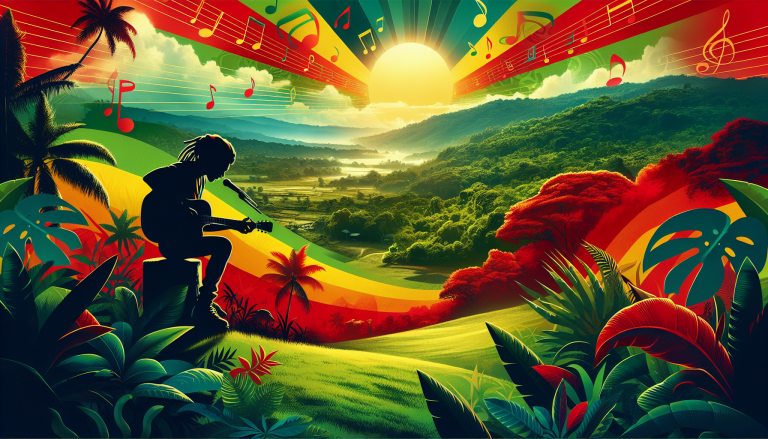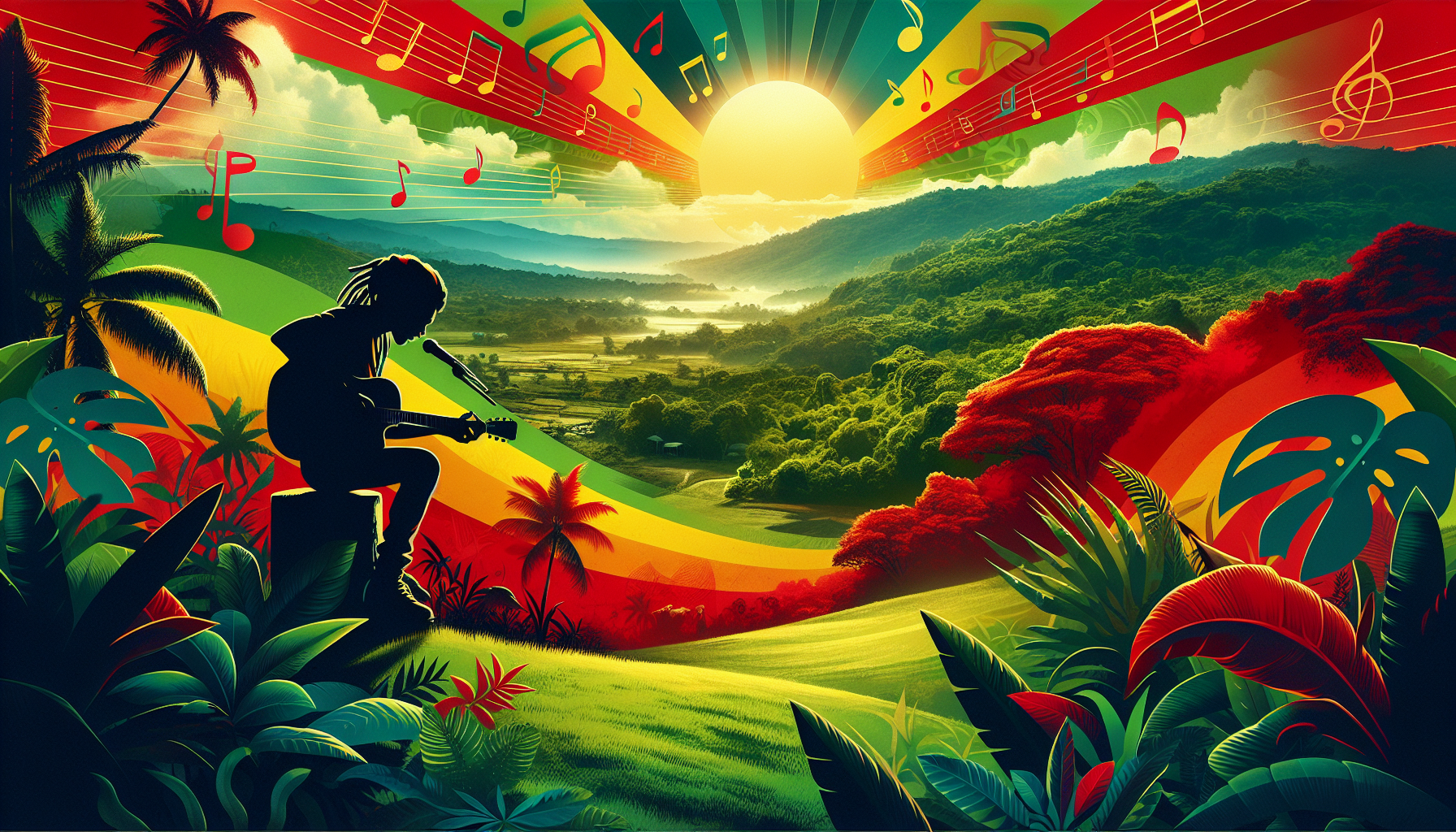Reggae: The Heartbeat of Caribbean Soul
A Musical Revolution Born from Struggle and Hope
Reggae music is more than just a genre – it’s a powerful cultural expression that emerged from the vibrant streets of Jamaica, telling stories of resistance, love, and spiritual awakening. Rooted in the complex history of the Caribbean, reggae represents a profound musical journey that has transformed global music and consciousness.

The origins of reggae can be traced back to the early 1960s, emerging from the rich musical traditions of ska and rocksteady. Born in the working-class neighborhoods of Kingston, Jamaica, this music was a direct response to the social and economic challenges faced by African Caribbean communities in the post-colonial era. It became a voice for the voiceless, a rhythmic protest against systemic oppression.
Musical Roots and Evolution
Reggae’s distinctive sound is characterized by its powerful off-beat rhythm, known as the “skank,” which creates a unique, hypnotic groove. The music typically features prominent bass lines, intricate percussion, and lyrics that often address social justice, spirituality, and everyday life. Instrumentation usually includes drums, bass guitar, electric guitar, and keyboards, creating a rich, layered sound that resonates deeply with listeners.
The Rastafarian movement played a crucial role in shaping reggae’s spiritual and philosophical dimensions. Many reggae artists incorporated Rastafarian beliefs into their music, emphasizing themes of liberation, African pride, and spiritual resistance. This connection transformed reggae from mere entertainment to a powerful form of cultural expression and social commentary.
Cultural Significance and Global Impact
Reggae’s influence extends far beyond the Caribbean, becoming a global phenomenon that speaks to marginalized communities worldwide. As Bob Marley famously said, “One good thing about music, when it hits you, you feel no pain.” This sentiment captures the healing and unifying power of reggae music.
The genre has been instrumental in spreading awareness about Caribbean culture, social justice, and spiritual consciousness. It has influenced numerous musical styles, from hip-hop to punk rock, creating a lasting legacy that transcends geographical and cultural boundaries.
Legendary Artists Who Defined the Genre
1. Bob Marley: Undoubtedly the most famous reggae artist globally, Marley transformed the genre into an international movement. His music with The Wailers, including iconic tracks like “No Woman, No Cry” and “Redemption Song,” became anthems of resistance and hope.
2. Peter Tosh: Another pivotal figure in reggae, Tosh was known for his militant approach to music and social commentary. His songs like “Legalize It” and “Equal Rights” challenged political systems and advocated for social justice.
3. Jimmy Cliff: A pioneering artist who helped introduce reggae to international audiences, Cliff’s performances in films like “The Harder They Come” played a crucial role in popularizing the genre globally.
Where to Experience Reggae
Experiencing reggae is more than just listening to music – it’s about immersing yourself in the culture. Jamaica hosts numerous music festivals like Reggae Sumfest, where fans can experience live performances and connect with the genre’s roots. Caribbean communities worldwide often host reggae events, allowing enthusiasts to celebrate this vibrant musical tradition.
International venues in cities like London, New York, and Toronto also regularly feature reggae performances, demonstrating the genre’s global appeal. Additionally, numerous online platforms and streaming services offer extensive reggae collections, making the music accessible to a global audience.
The Continuing Legacy
Contemporary reggae artists continue to innovate while respecting the genre’s traditional roots. Modern performers like Chronixx, Protoje, and Koffee are pushing boundaries, blending traditional sounds with contemporary musical styles and addressing current social issues.
Reggae remains a powerful medium of cultural expression, continuing to inspire, challenge, and unite people across the world. Its rhythm tells stories of struggle and triumph, of spiritual awakening and human resilience.
From the streets of Kingston to global stages, reggae music continues to be a testament to the power of artistic expression in confronting social challenges and celebrating human spirit. It remains not just a musical genre, but a profound cultural movement that speaks to the universal human experience of hope, resistance, and unity.




